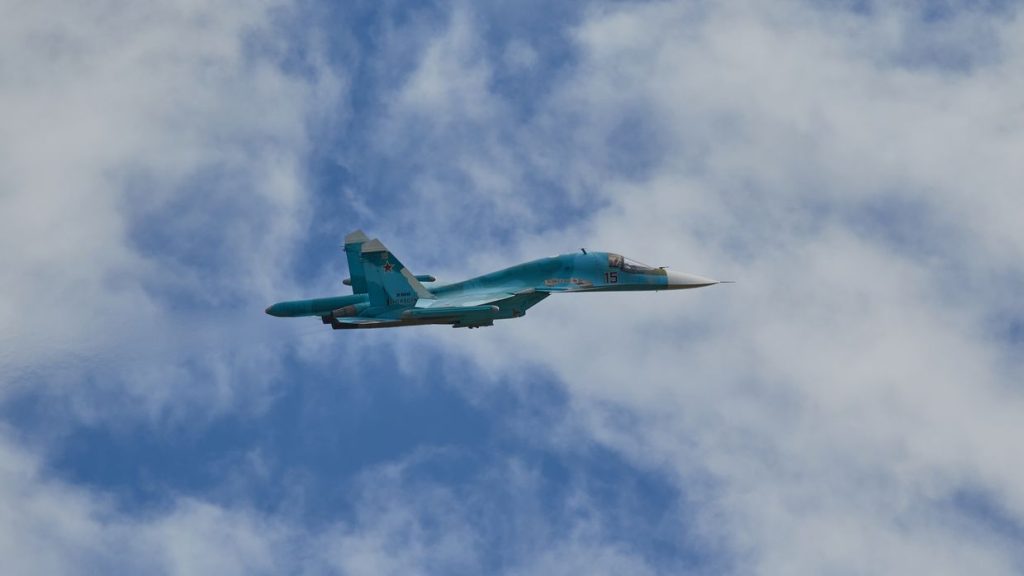Ukraine launched a series of drone strikes against military airfields in Russia, allegedly destroying or damaging 19 warplanes. The strikes targeted the Engels-2 air base in Russia’s Saratov Oblast, where three Tu-95 strategic bombers were reportedly damaged or destroyed. Seven people, including aircraft pilots, were killed or injured in the attack. Ukraine also targeted airfields in Yeysk and Kursk, with reports of two Su-25 jets being hit at Yeysk. Additionally, the Morozovsk air base in Rostov Oblast was targeted, resulting in the destruction of six military aircraft and injuries to about 20 Russian soldiers.
Russian attacks on Zaporizhzhia on April 5 resulted in the deaths of four people and injuries to over 20 individuals, including two journalists and a nine-year-old boy. The city of Zaporizhzhia, located in Ukraine’s southeast, has been a frequent target of Russian strikes due to its proximity to the front line. The attacks damaged three apartment buildings, houses, stores, and a dormitory. Russia’s use of “double-tap” strikes, where a second strike follows the first to potentially harm first responders, has been reported in Zaporizhzhia and other areas, resulting in casualties among first responders.
Despite Russian claims that their troops reached the suburb of Chasiv Yar in Donetsk Oblast, the Ukrainian military denies that Russian forces have entered the area. Chasiv Yar is seen as a crucial location for further Russian advances towards other Ukrainian settlements. The Ukrainian military spokesperson urged caution against believing Russian claims, stating that while fighting continues in the area, Russian troops have not reached the suburb. Lithuania has pledged to purchase 3,000 drones for Ukraine and allocate funds for rehabilitation programs for wounded Ukrainian soldiers, continuing its support against Russian aggression.
The use of prohibited chemical weapons by Russian troops in Ukraine has been reported as growing and becoming “systemic” by Ukraine’s Support Forces. Russian forces have been recorded using munitions containing prohibited chemicals, including grenades delivered via drones, in multiple incidents over the past year. This trend has raised concerns about Russia’s violation of international conventions prohibiting the use of chemical and biological weapons in warfare. The Support Forces have documented numerous instances of prohibited chemical weapons use by Russian troops, indicating a concerning pattern of behavior.
NATO’s involvement and support in the conflict with Russia remain crucial as Ukraine continues to defend itself against Russian aggression. NATO’s presence and assistance have been instrumental in providing resources and strategic guidance to Ukraine in its fight against Russian forces. The alliance’s support, coupled with contributions from individual member states like Lithuania, has bolstered Ukraine’s defense capabilities and resilience in the face of ongoing attacks from Russia. The commitment to a united front against Russian aggression is essential for the security and stability of Ukraine and the region.
As Ukraine continues to face challenges from Russian forces, including drone strikes, missile attacks, and prohibited chemical weapons use, international solidarity and support are crucial. The strategic importance of military airfield targets in Russia and the devastation caused by Russian attacks on Ukrainian cities highlight the urgent need for continued assistance to Ukraine. The systemic use of prohibited chemical weapons by Russian troops underscores the brutality of the conflict and the violation of international norms. By standing together and supporting independent journalism in Ukraine, individuals can contribute to the fight against Russian aggression and help ensure a more secure future for the country.















